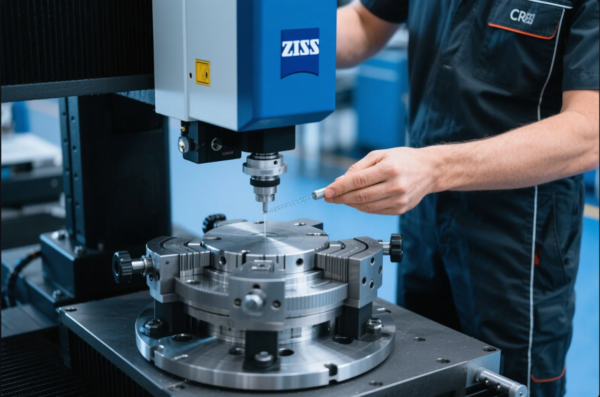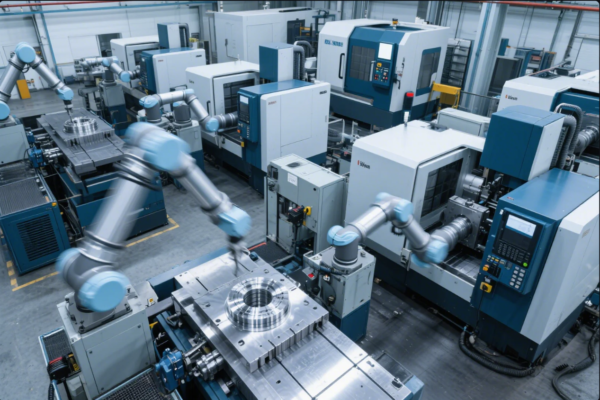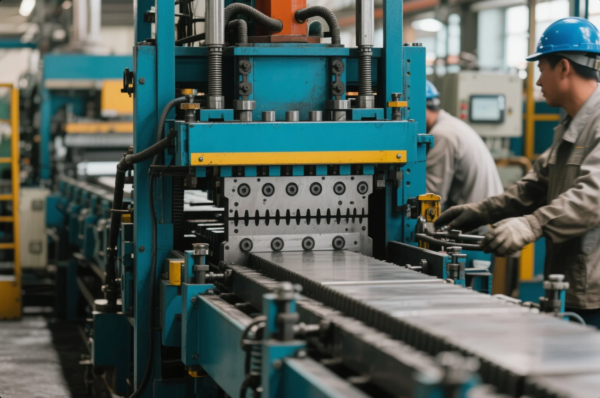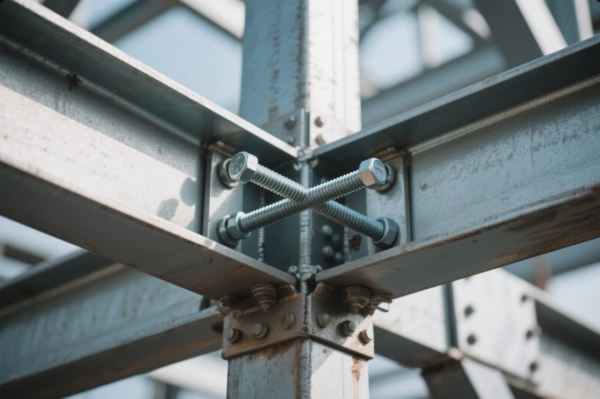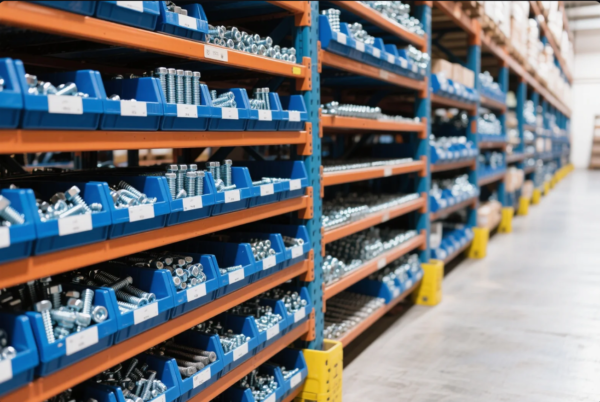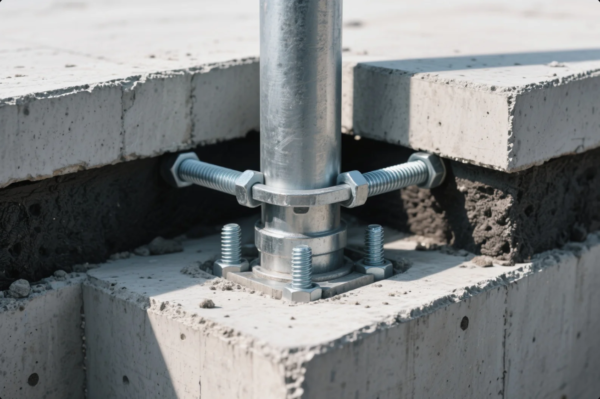What Is the Best Metal to Make a Knife Out Of?
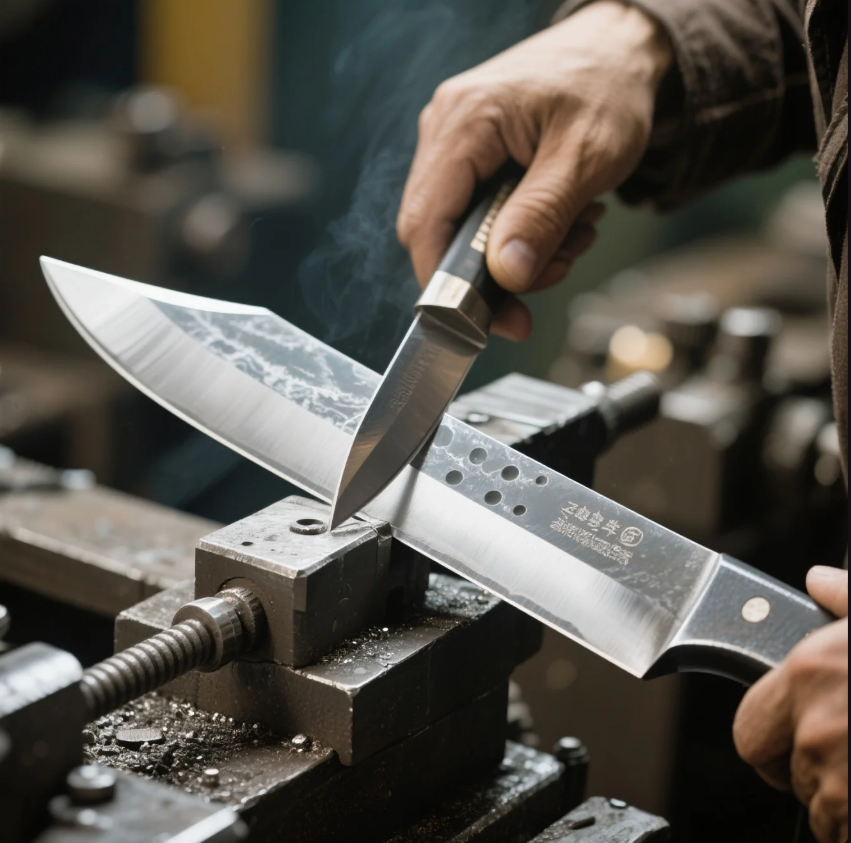
Choosing the right metal for making knives is essential for ensuring that the blade remains sharp, durable, and resistant to corrosion. Different metals offer various benefits, and understanding the properties of these metals helps to choose the best material for specific uses. In this article, we’ll explore the best metals for making knives, which metal stays sharp the longest, and what materials are favored by professionals, including the military.
Snippet paragraph: The best metal for making knives is high-carbon steel or stainless steel, with each offering unique benefits in terms of sharpness, durability, and resistance to corrosion.
Let’s take a closer look at the metals commonly used for making knives and their advantages.
What Is the Best Metal for Making Knives?

When it comes to making knives, the best metal is one that strikes the right balance between sharpness, durability, and corrosion resistance. Two of the most commonly used metals for knives are high-carbon steel and stainless steel.
Best Metals for Knife Making:
- High-Carbon Steel: High-carbon steel, such as 1095 or 5160, is highly favored for knives that need to hold a sharp edge. The higher the carbon content, the harder and sharper the steel can become. However, high-carbon steel requires regular maintenance to prevent rust and corrosion.
- Stainless Steel: Stainless steel, such as 440C, VG-10, or S30V, is highly resistant to rust and corrosion, making it ideal for knives used in harsh environments. While stainless steel may not hold an edge as long as high-carbon steel, it is more durable and requires less maintenance.
- Tool Steel: Tool steels like D2 or A2 are often used for knives that need to withstand heavy use. These steels are known for their excellent wear resistance and edge retention, making them ideal for tactical and utility knives.
In general, high-carbon steel is best for edge retention, while stainless steel is ideal for corrosion resistance and low-maintenance knives.
What Knife Metal Stays Sharp Longest?
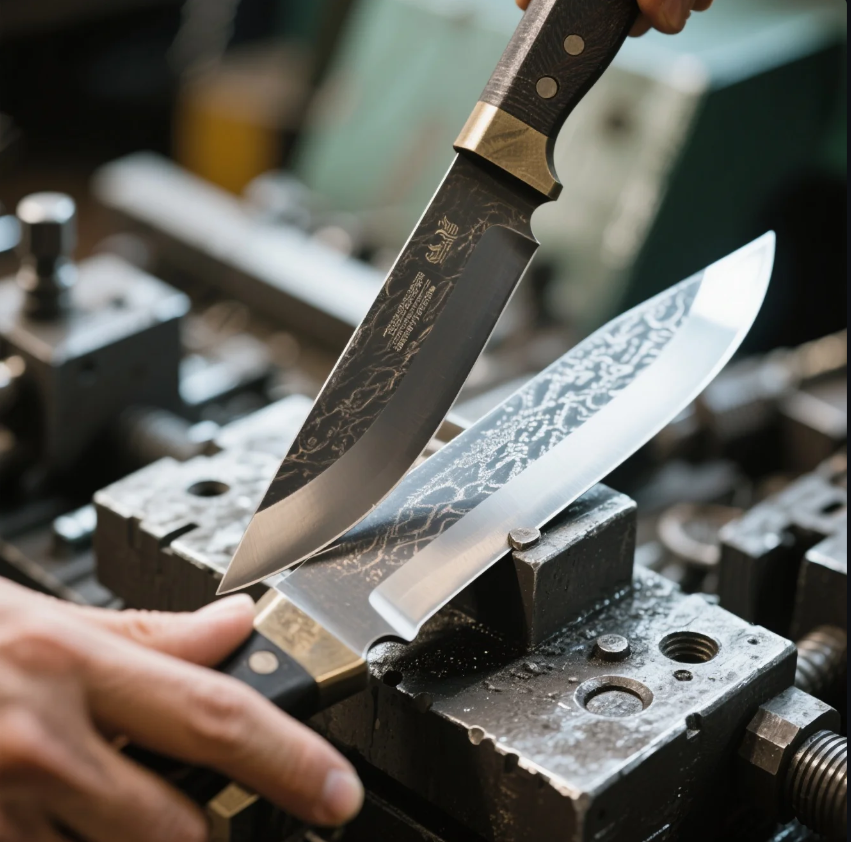
The ability of a knife to stay sharp depends on its hardness and edge retention. High-carbon steels tend to hold an edge longer than stainless steel, but they can be more prone to rust. For those looking for the knife metal that stays sharp the longest, tool steels and high-carbon steels are often the top choices.
Knife Metals with the Best Edge Retention:
- D2 Steel: D2 is a tool steel known for its excellent edge retention and resistance to wear. While it’s technically semi-stainless, it has high carbon content, making it one of the best for holding a sharp edge for a long time.
- S30V Steel: A premium stainless steel, S30V is known for its excellent edge retention and toughness, while still being corrosion-resistant. It is often used in high-quality knives.
- M390 Steel: Another top-tier stainless steel, M390 provides superb edge retention, corrosion resistance, and overall performance, making it an excellent choice for knives that need to stay sharp for long periods.
When looking for long-lasting sharpness, D2 steel and high-quality stainless steels like S30V are some of the best options.
Which Metal Knife Is Best?
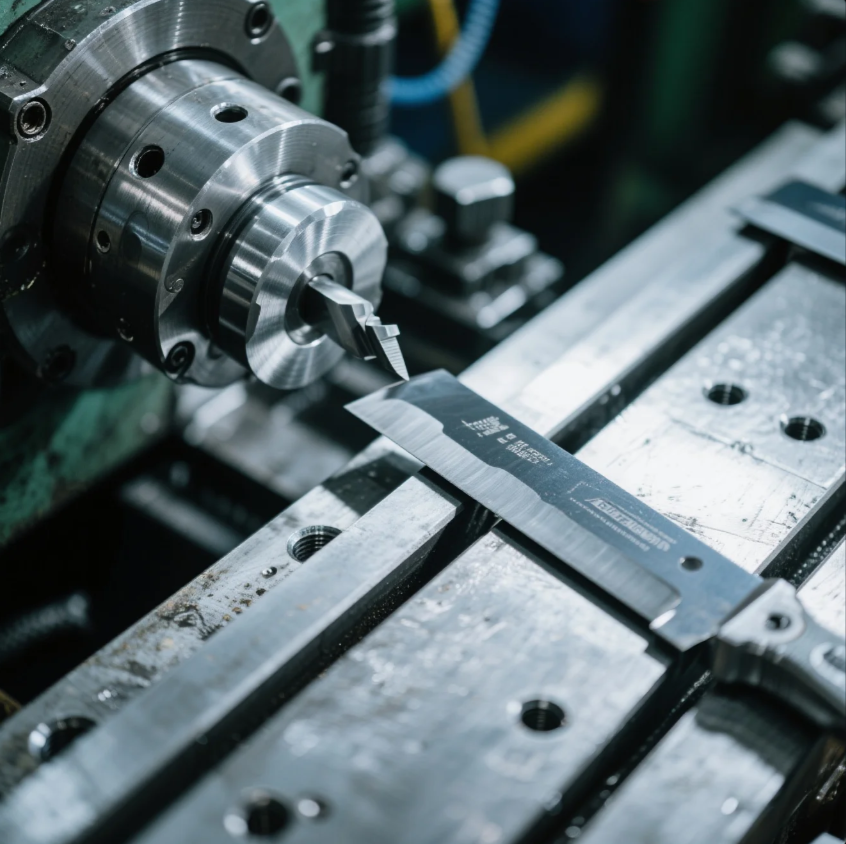
The best metal for a knife depends on the intended use. If you’re looking for a knife that offers a balance between sharpness, durability, and corrosion resistance, then S30V stainless steel is an excellent choice for general use. For knives used in heavy-duty tasks or tactical situations, D2 steel and other tool steels are highly regarded for their toughness and edge retention.
Best Knife Metals for Different Uses:
- For Everyday Carry (EDC): S30V and VG-10 are popular choices for their balance of edge retention and corrosion resistance.
- For Heavy-Duty Use: D2 steel and 1095 high-carbon steel are ideal for utility knives or tactical blades, where edge retention and durability are crucial.
- For Collectible or High-Performance Knives: M390 steel is a top-tier option, known for its high performance, corrosion resistance, and edge retention, often used in high-end knives.
Choosing the best metal depends on how you plan to use the knife, whether you prioritize edge retention, toughness, or corrosion resistance.
What Steel Does the Military Use in Knives?
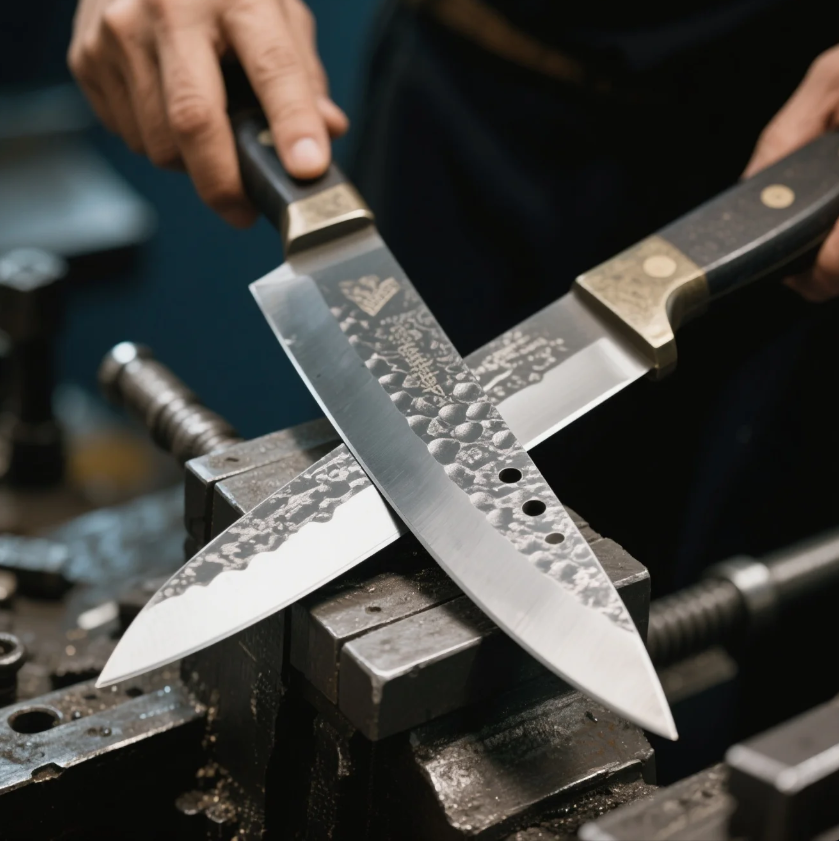
Military knives require steel that can withstand harsh environments, heavy use, and extreme conditions. The most commonly used steels in military knives are those that offer a combination of edge retention, toughness, and resistance to corrosion.
Steel Used in Military Knives:
- 1095 High-Carbon Steel: 1095 steel is widely used for military knives, particularly combat knives and utility knives. It is relatively easy to sharpen and holds an edge well but requires regular maintenance to prevent rust.
- S30V Steel: S30V is another steel commonly used in military-grade knives because it offers a strong edge, good toughness, and corrosion resistance, making it an excellent all-around option.
- D2 Steel: D2 tool steel is used in military knives for its edge retention and resilience under heavy stress, making it a favorite for knives that are subjected to tough, demanding tasks.
Military knives require toughness and reliability, so steels like 1095 and S30V are commonly chosen for these applications.
Conclusion
The best metal for making knives is a matter of balancing edge retention, strength, and corrosion resistance. High-carbon steels like 1095 are ideal for hardening and edge retention, while stainless steels like S30V are preferred for their corrosion resistance and long-lasting sharpness. For military knives, 1095 and S30V are common choices due to their durability and toughness. For those looking for high-performance knives that stay sharp the longest, D2 and M390 are great options. Understanding the specific requirements of your knife will help guide your choice of metal. For expert knife-making services or high-quality blades, contact Prime today for custom solutions.

